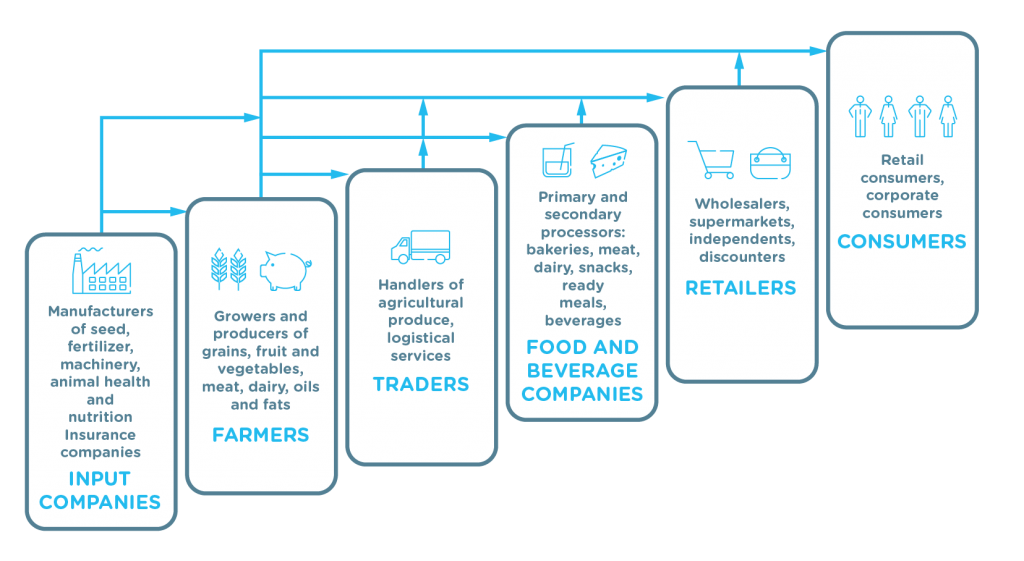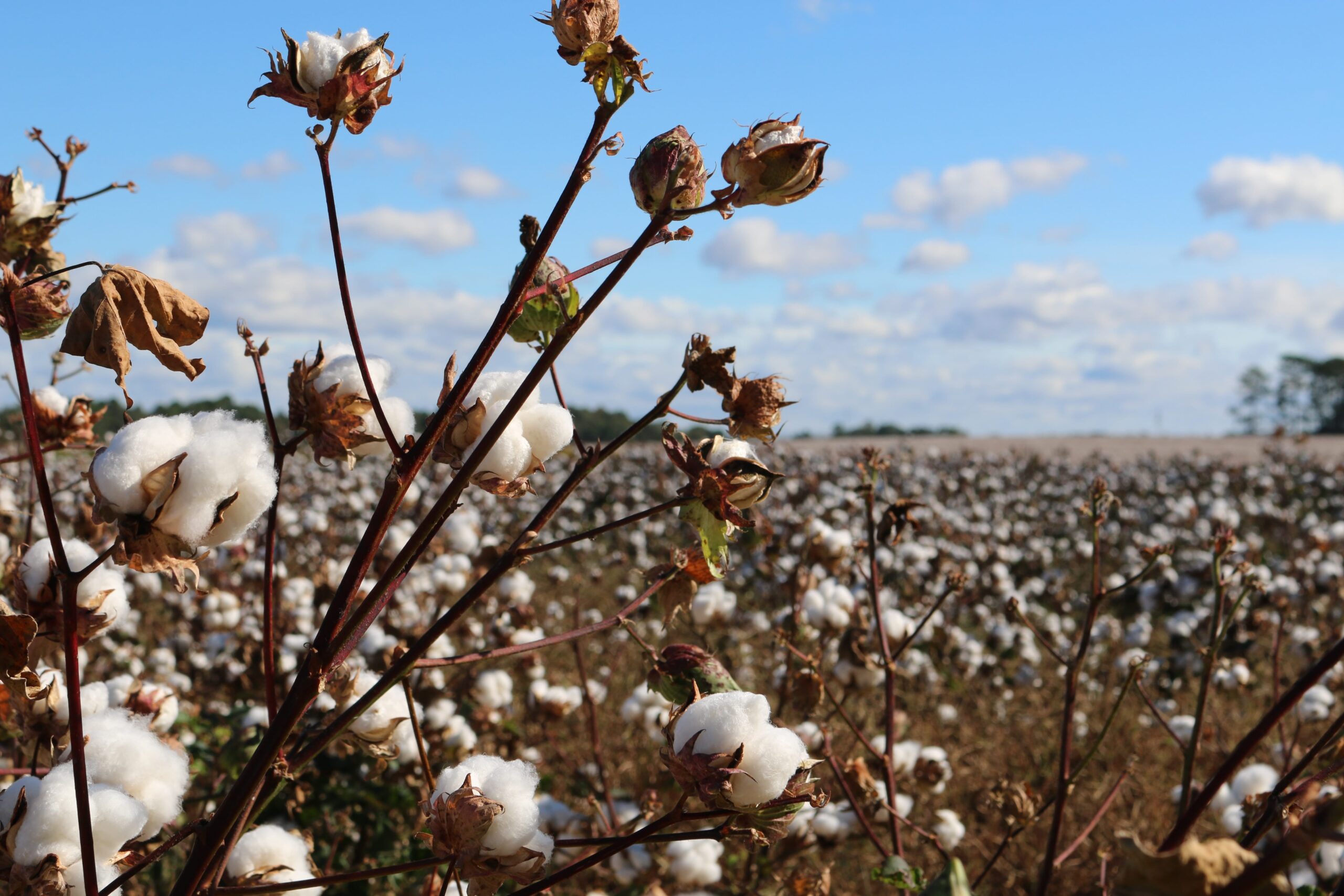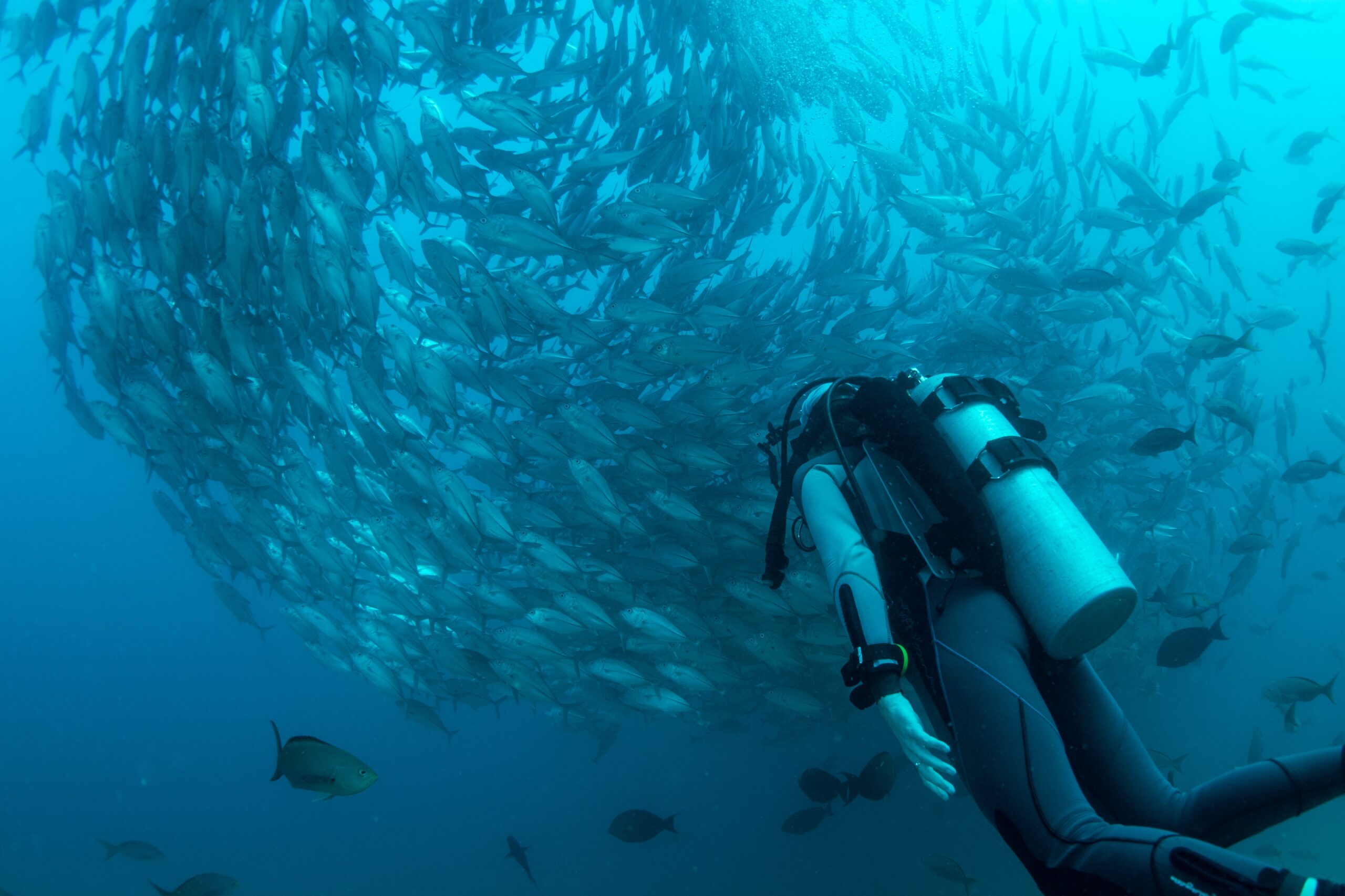The food and beverage sector lies at the nexus of many global challenges including climate change, biodiversity loss and human wellbeing. This Guide is designed to accompany the Natural Capital Protocol and enables food and beverage businesses to identify, measure & value their impacts and dependencies on natural capital to inform their decision-making.
The Food and Beverage industry is one of the world’s largest manufacturing sectors, employing more than 4.7 million people and generating over €1.2 trillion annual turnover in Europe alone (2019). While strong underlying growth factors such as population, urbanization, and the rise of the middle class translate into strong demand for food and beverage products, the supply side of the sector is increasingly vulnerable. From seed and fertilizer manufacturers to consumers, the food and beverage value chain is often global and sensitive to the pressures of climate change and biodiversity loss.
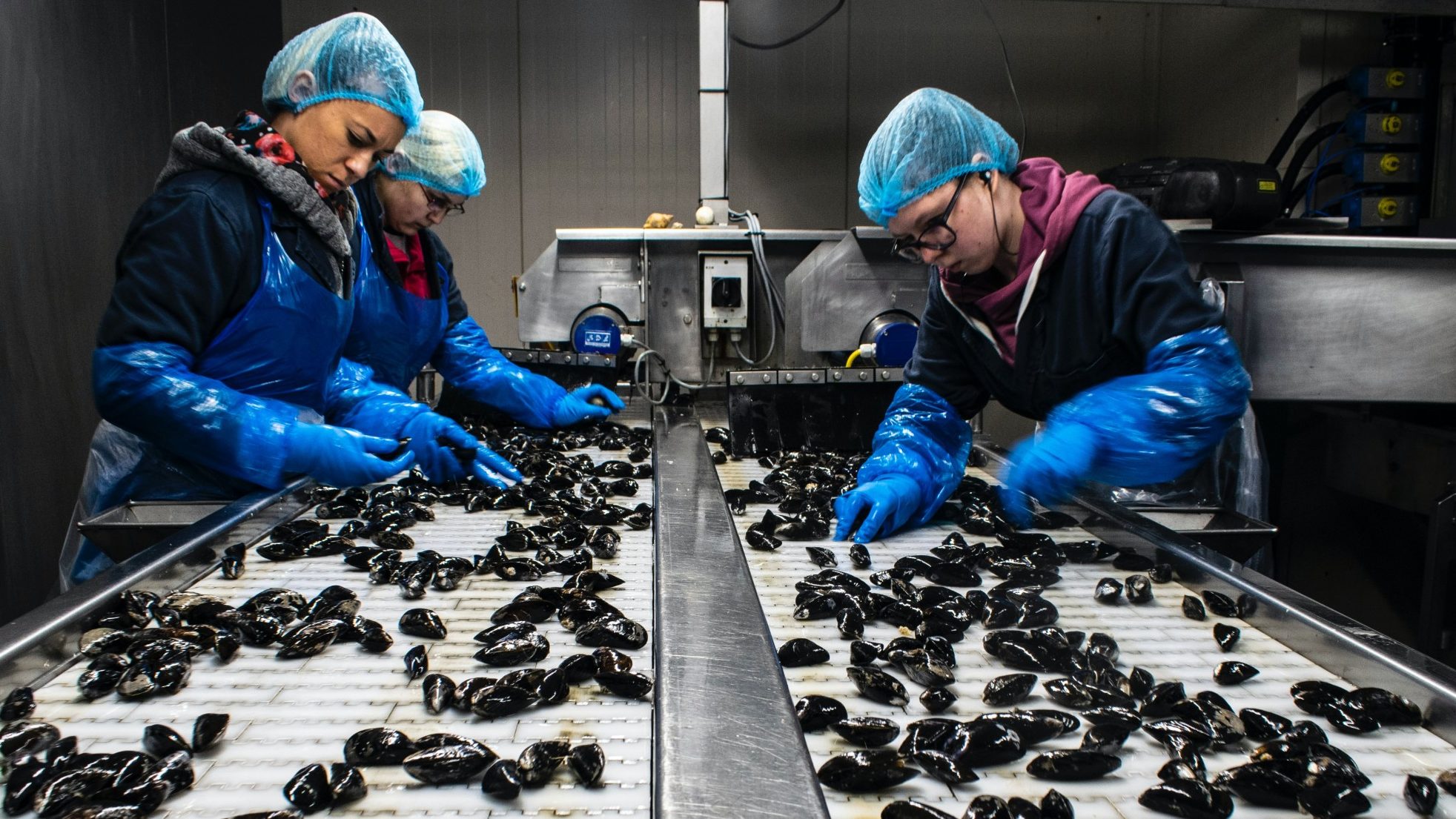
The food and beverage sector is embedded within ecosystems where crop and livestock systems form the basis of an entire downstream economy. Food and beverage companies depend on natural capital for raw materials, energy, land, water and a stable climate as a base for their businesses. This dependency can be direct in the case of agricultural producers or indirect, for all those who depend on agricultural products in their value chain.
In addition, the sector has profound impacts on ecosystems and human wellbeing. Farming practices, food and beverage production and their distribution, consumption and disposal, if managed unsustainably, can degrade natural capital and undermine critical ecosystem services. Well-managed natural assets on the other hand provide positive opportunities for the sector by enhancing the vital ecosystem services on which businesses depend such as fresh-water provision, climate regulation and soil fertility.
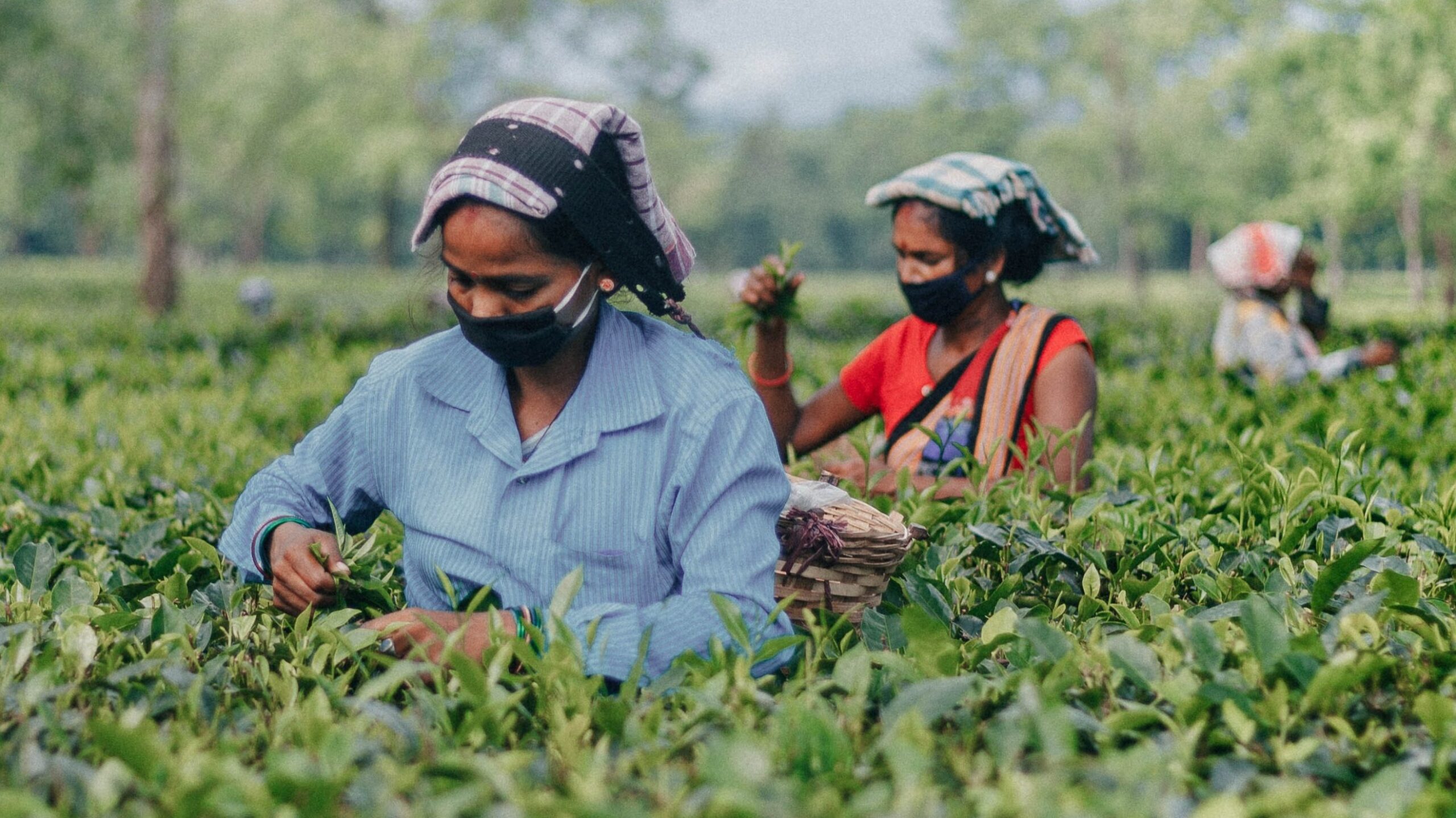
The Food and Beverage Sector Guide uses a capitals approach to help food and beverage businesses understand the value of their impacts and dependencies, as well as risks and opportunities relating from their relationships with natural capital. It builds on the Natural Capital Protocol, providing additional sector-specific guidance.
The Coalition is currently developing new Operational Guidelines for Business as part of The Economics of Ecosystems and Biodiversity for Agriculture and Food (TEEBAgriFood) initiative. These new Guidelines build on the Food and Beverage Sector Guide and integrate social and human capital considerations.
The Food and Beverage Sector Guide defines the food and beverage sector as encompassing all businesses operating in the production, processing or retailing of food and beverage products, excluding the hospitality/foodservice sector which is beyond this scope.
